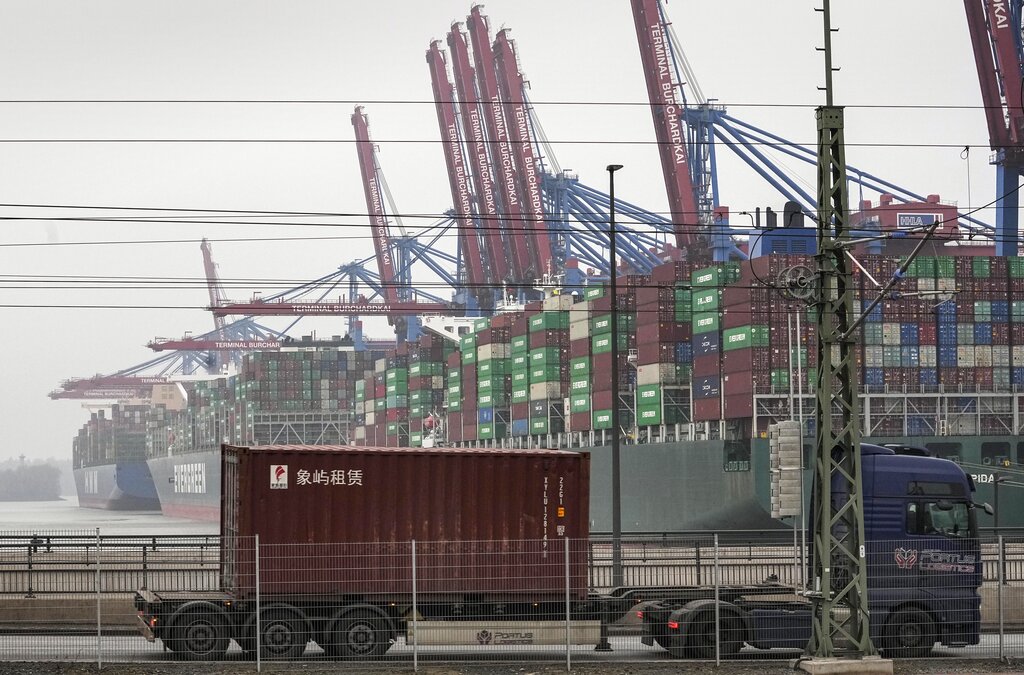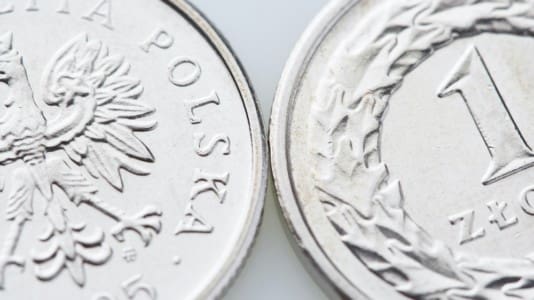The 2022 sale of part of a terminal in the Port of Hamburg to a Chinese company continues to remain a contested issue between Social-Democrat (SPD) Chancellor Olaf Scholz and Economic Minister Robert Habeck (Greens).
An internal report by the German Ministry of Economic Affairs, obtained by Politico, accuses the port operator of failing to have the port designated as “critical infrastructure” in time.
In October 2022, Scholz helped China’s Cosco acquire a minority stake in the Tollerort terminal at the port of Hamburg, ahead of a state visit to China. However, coalition partners strongly objected to the deal.
Habeck accused the company operating the terminal, Hamburger Hafen und Logistik (HHLA), of applying for the port to be declared critical infrastructure a year later than it should have done. This is because ports handling more than 3,270,000 tons a year fall into this category under German law.
Cosco acquired a 24.9 percent stake in October, but if the port had been critical infrastructure at the time, it could have only acquired a maximum of 10 percent, Politico reports.
According to the report, the port was supposed to be registered as critical infrastructure with the German security agency BSI by April 2022, but this was not done until January 2023. HHLA denies the allegations.
The port of Hamburg is crucial as Germany’s gateway to the rest of the world. At the moment, it is of course primarily a gateway to China. In the first half of this year, 4.4 million standard containers passed through Hamburg, making it the only port in Europe to boast volume growth. Most containers come from and return to China. However, Germany’s chancellor also feared that if the Chinese were not allowed in, they could easily divert their ships to Rotterdam, Zeebrugge or Antwerp.






